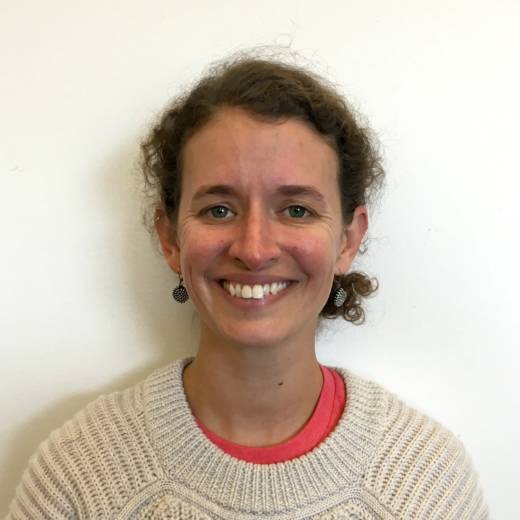My mother, who has had a disability since before I was born, recently moved in with me and my family. Well, to be fair, she’s moving into her home. After a bad fall broke her hip seven years ago and left her permanently in a wheelchair, the house was too inaccessible and she moved out, so we moved in. Now, with two pressure sore ulcers that refuse to heal, she’s no longer allowed to stay in her assisted living home, so my husband and I assumed her care needs. Doing so has been intense.
Having two young kids at home under the age of five makes it especially challenging.
But also, it makes it easier.
As each caregiving task I do for my kids mirrors those I’m doing for my mom, I’m reminded that my mom once did all this for me, in this same house. She bathed me, changed my diapers, took me to countless doctor’s visits.
I worry: is it infantilizing for my mother to draw this connection to my children? But then I think that this is the problem. We try to hide away from the reality that all bodies need care at different moments, and we draw lines that stigmatize that care when it’s done for adults versus children. In many cultures, senior care is more commonly handled in the home and my conclusions are obvious, but as I’ve shared my life update with friends and colleagues, I’ve been reminded how much rarer it is in the US.
I have to be honest - it’s still hard. So I remind myself that it’s bigger than my mom and me. By caring for the generation past, we’re investing in a better future for us all, one where disability happens.
With a Perspective, I’m Emily Beitiks.
Emily Beitiks is Associate Director of the Longmore Institute on Disability at San Francisco State University.
